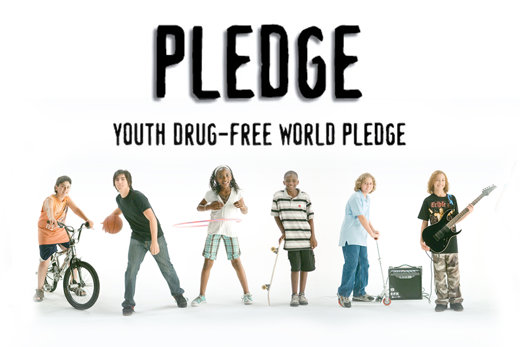The United Nations Office on Drugs and Crime estimated the worldwide production of amphetamine-type stimulants, which includes methamphetamine, at nearly 500 metric tons a year, with 24.7 million abusers.
The United States government reported in 2008 that approximately 13 million people over the age of 12 have used methamphetamine—and 529,000 of those are regular users.
In 2007, 4.5% of American high-school seniors and 4.1% of tenth grade students reported using methamphetamine at least once in their life.
In the United States, the percentage of drug treatment admissions due to methamphetamine and amphetamine abuse tripled from 3% in 1996 to 9% in 2006. Some states have much higher percentages, such as Hawaii, where 48.2% of the people seeking help for drug or alcohol abuse in 2007 were methamphetamine users.
It is a drug widely abused in the Czech Republic. There it is called Pervitin and is produced in small hidden laboratories and a limited number of larger ones. Consumption is primarily domestic but Pervitin is also exported to other parts of Europe and Canada. The Czech Republic, Sweden, Finland, Slovakia and Latvia reported amphetamines and methamphetamine as accounting for between 20% and 60% of those seeking drug abuse treatment.
In Southeast Asia, the most common form of methamphetamine is a small pill—called a Yaba in Thailand and a Shabu in the Philippines.












